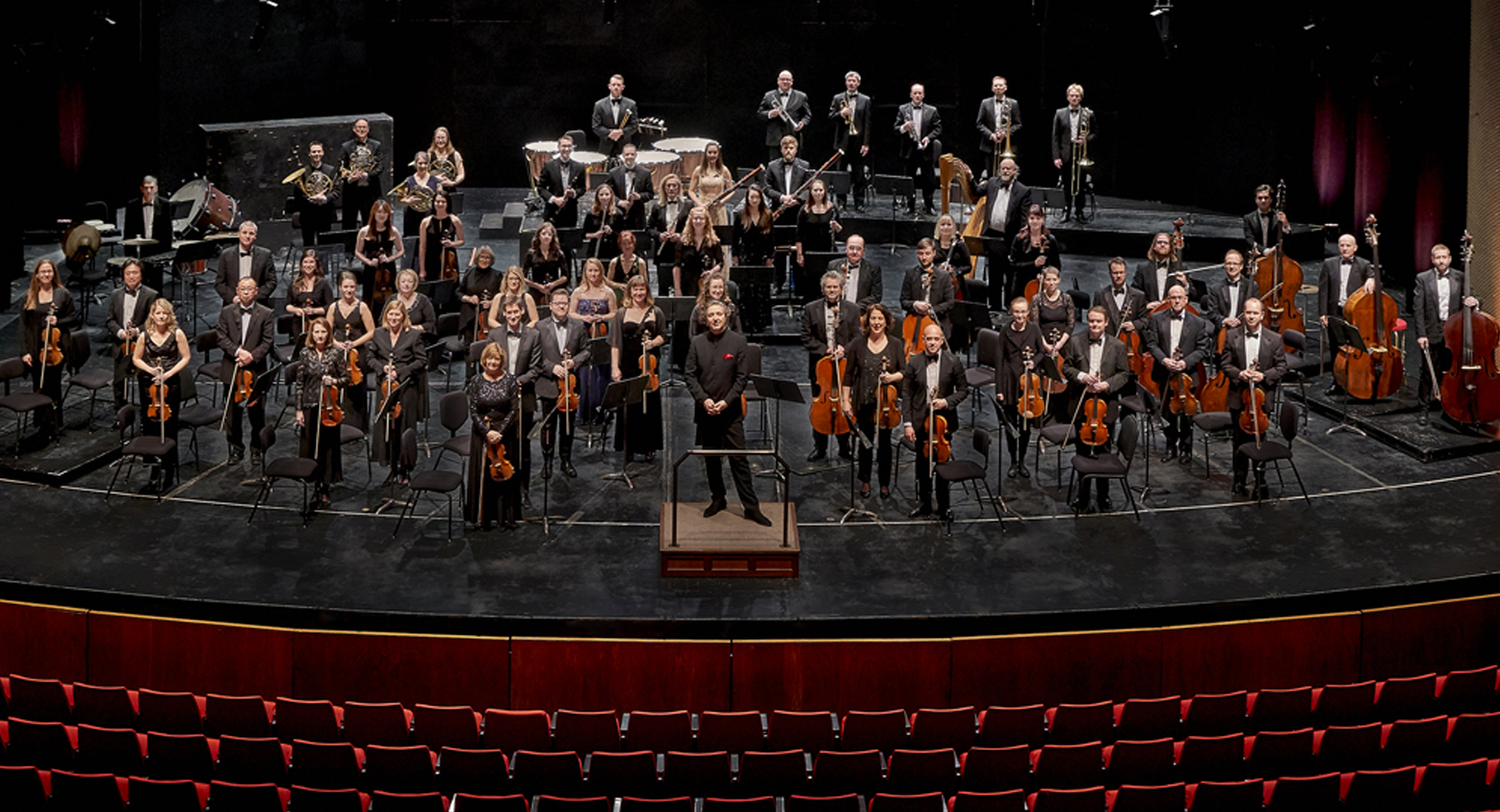
Random Notes
I have never been a personal aficionado of theoretical mathematics. I appreciate the complexity, and I am thrilled that there are people whose brains are captivated by this kind of thinking, but I have never been overly interested in exploring this domain in any depth. However, over the last few weeks, I have been repeatedly thinking about the idea of chaos theory.
How can a person possibly explain the level of disarray and dysfunction in our lives these days? I thought that perhaps the concepts behind chaos theory might help me find a personal way forward for days that are complex and yet very scattered. The solutions I am trying to find to problems in my world are regularly messed up by complete unpredictability of future events. Hence, even though I am certain that I do not understand it, I am drawn to the idea of chaos theory to help me explain the environment I am experiencing these days.
The theory was summarized by Edward Lorenz. “Chaos is when the present determines the future, but the approximate present does not approximately determine the future.” Apparently what this means is that within chaotic complex systems that seem completely random, there are a whole series of connections, feedback loops, repetition, and self-organization. It seems that key determinants in the final unpredictable outcomes are determined by initial conditions. (This somehow is related to that whole theory that a butterfly flapping its wings in South America can cause a hurricane in Arkansas.)
Well, the underlying nugget in this mini exploration of chaos theory is that the “initial conditions” can have a huge impact on the final outcome. In terms of application to our coronavirus world chaos, the reset conditions that we apply to our organizations and communities will have an unpredictable but massive impact on the outcome further into the future.
For example, I did not realize how difficult it would be to plan a season for the symphony, when we do not know when it will be safe, desirable, or permitted for large groups of people to gather together. One tries to look into the future to see what types of hurricanes will be set off in the future of the Winnipeg Symphony Orchestra depending on the ticket prices or personnel decisions we make today. There has to be some kind of deterministic positive impact of programs such as Sistema Winnipeg on the future of our community and on the viability of the orchestra in future years.
For our community, there must be a long term positive outcome from investing in having a vibrant music, theatre, visual arts, festival and museums resource for the benefit of our children and grandchildren. If the outcome is so dependent on the initial conditions, we do have an opportunity to reset some of the conditions that will make our community flourish or languish in the years to come. I am hoping to have enough wisdom to put some of the right initial conditions in place to help the music community flourish in the years to come.
Trudy Schroeder is the Executive Director of the Winnipeg Symphony Orchestra.

